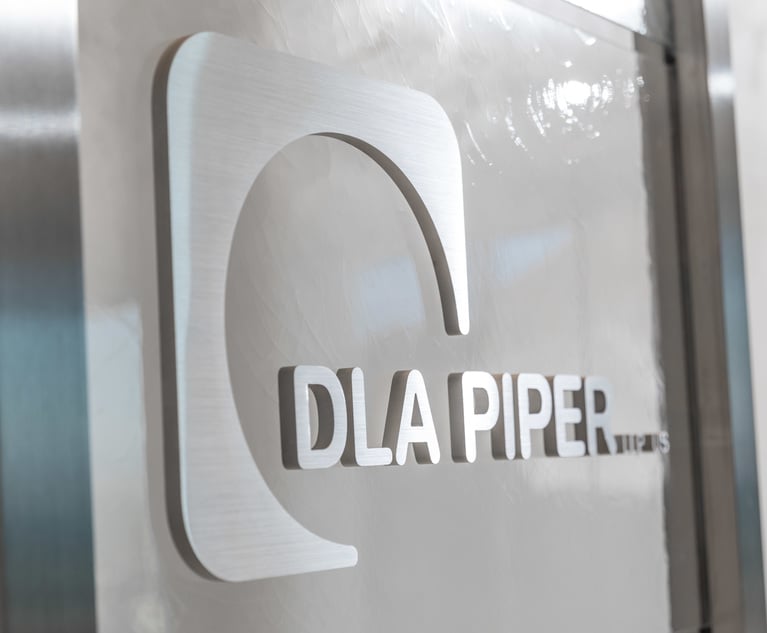We need to spread the word that this information is an available resource and put in place communication aides to facilitate this. Let’s help each other to help ourselves.
My objective is to leave the Commerce and Industry (C&I) Group in a stronger position than today.
At a recent meeting of the C&I executive, the vice-president of the Law Society, David McIntosh, shared some of the thoughts of the Law Society executive with us. He said that, as members of the Law Society, we should play to our strengths. I endorse this sentiment from the C&I Group perspective.
Working in the commercial environment, in-house lawyers have many strengths to play to:
- we are the providers of accessible, cost-effective legal advice within the business environment;
- as such, we have an intimate knowledge and work closely with business and commerce;
- we are the major purchasers of external legal services;
- we are the link between business and the external legal community.
The vice-president also suggested that solicitors should have self-respect.
Regrettably, in-house lawyers have not always had the respect of their private practice counterparts. The general perception has been that in-house lawyers are, at best, generalists as lawyers who had made a lifestyle choice to opt for an easy life.
I do not recognise the ‘easy life’ lawyer stereotype. I speak with the benefit of experience, both of my in-house team at BNFL [British Nuclear Fuels] and the other in-house lawyers with which I have come into contact.
A lawyer is a lawyer, whether employed or in private practice. A law practice is a law practice, whether in-house or a law firm. In-house lawyers should have a high degree of self-respect – they earn it. So I also endorse the vice-president’s second statement.
The third theme he touched on was that the Law Society is in the process of adopting a corporate approach to how Chancery Lane is run.
In-house lawyers are used to operating in a corporate environment. The Law Society would do well to engage the resources of in-house lawyers. This takes us back to the first point – playing to our strengths.
Although I do not want to pollute the relationship with the Law Society or to distract focus from other key issues, I have to say this once in my year as chairman.
The Law Society contributes, via a grant, some £12,000; this represents the cost of practising certificates of some 24 in-house lawyers. The level of income is much greater when you consider some 75% of in-house lawyers have practising certificates, representing income of approximately £3m.
The Law Society has said it would like to see 100% take up of practising certificates, which would swell its coffers.
But if Chancery Lane does not make a greater investment in C&I, then there could be a sharp drop in this income from lawyers working in-house.
More and more I hear the question “What is the benefit, the added value, of having a practising certificate?”.
That said, the C&I group is financially sound and we will use the income generated by our own devices to benefit the group.
Finally, it is my intention to have meetings with other in-house lawyer groups, such as Acca [American Corporate Counsel Association] and ABA [American Bar Association] in the US, to forge mutually beneficial links and to make sure the C&I group makes full use of all opportunities and does not miss anything that would benefit its members.
I want to promote and encourage the use of the C&I group during my year of office. The group has a considerable body of knowledge – ranging from specialist areas of law or procedure, to which law firm to instruct in a certain area of work.
We should make full use of this resource. It is already a useful tool, but very much under-utilised.
We need to spread the word that this information is an available resource and put in place communication aides to facilitate this.
Let’s help each other to help ourselves.







